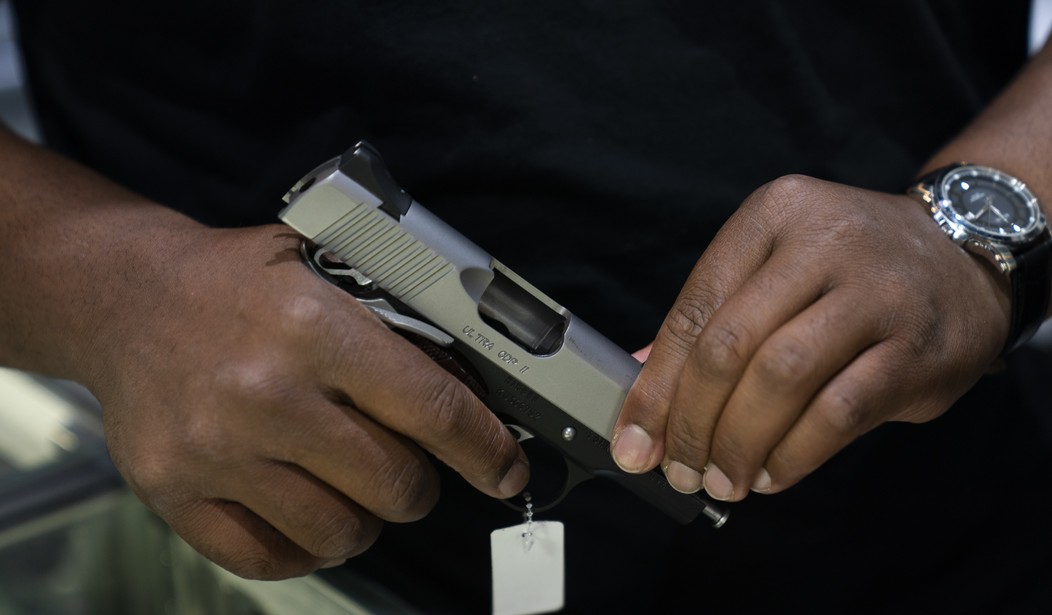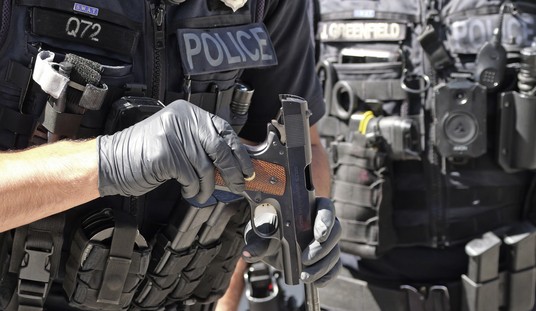The case, which was first filed by Maryland Shall Issue back in 2016, has been kicking around the federal courts for several years now, but the Fourth Circuit Court of Appeals kept the challenge in a holding pattern for months while it waited for the Supreme Court’s decision in NYSRPA v. Bruen. Now that the decision is in place, along with the specific test that SCOTUS outlined for determining the constitutionality of gun control laws, the Fourth Circuit has taken up the issue, and this week Maryland Attorney General Brian Frosh filed a brief with the court defending the legality of the state’s Handgun Qualification License, which Maryland Shall Issue argues places “unjustifiable and overwhelming burdens” on all those hoping to exercise their right to keep a firearm in the home for self-defense.
In his brief, Frosh claims that the background check and mandatory firearm training for all those wishing to purchase a handgun are in line with laws that were in place at the time the Second Amendment was ratified, pointing to training requirements in various statutes related to militia service.
“These laws did not just reflect common sense and a practical commitment to state security; they were contemplated by the Second Amendment’s text,” which refers to a “well-regulated militia,” Frosh wrote. “And these laws would have also had the complementary effect of ensuring that the men of the community, starting in their youth, would be provided with the training necessary to handle and use firearms safely in any context.”
Frosh’s filing was cosigned by Assistant Attorneys General Robert A. Scott and Ryan R. Dietrich.
The filing was in opposition to that of Maryland Shall Issue, which told the 4th Circuit in August that U.S. history was devoid of licensing requirements on handgun ownership until the 1900s.
“It is indisputable both that violence involving handguns is a centuries-old societal problem and that there is no historical regulation distinctly similar to the HQL requirement,” MSI told the 4th Circuit.
“At the time of the founding, no training was required to acquire a handgun or other firearm,” added MSI, which was joined in the challenge by gun seller Atlantic Guns Inc. and two Marylanders. “Unlike the HQL requirement, militia training was not a prerequisite to firearm ownership. Instead, these militia laws required gun ownership prior to militia training.”
That’s a great point, and one that completely contradicts Frosh’s assertions, especially since the Supreme Court made it explicitly clear in the Heller decision that the right of the people to keep and bear arms is not contingent upon service in a militia.
Frosh also argued that the HQL is meant to improve public safety, pointing to then-Baltimore County Police Chief James W. Johnson, who claimed during legislative testimony in support of the HQL that it “’will reduce the number of non-intentional shootings by ensuring that gun owners know how to safely use and store firearms; will decrease illegal gun sales and purchases by ensuring that all licensees are eligible to possess firearms under Federal and State law”; and will reduce murder rates’ as such laws have done in other States.'”
Unfortunately for Frosh there’s no evidence that’s the case. The HQL took effect in 2013 when homicides were already trending downward in the state, but after the riots in Baltimore in 2015 homicides exploded in the state’s biggest city, and ever year since Baltimore has recorded more than 300 homicides; substantially higher than the 235 reported the year the HQL took effect.
Of course, based on the Supreme Court’s 2A test laid out in Bruen, whether or not the law is of any actual benefit is a moot point if it infringes on the right to keep and bear arms. The Court rejected the interest-balancing test that Frosh included in his brief to the Fourth Circuit; a test that a U.S. District Court judge used pre-Bruen to uphold the Handgun Qualification Law under “intermediate scrutiny”, finding that while the law imposed a burden on the Second Amendment rights of Maryland residents, that burden was outweighed by the state’s interest in public safety. SCOTUS has said that kind of reasoning is a big no-no going forward, and that will hopefully lead to the Fourth Circuit overturning this law and restoring the right to keep a firearm in the home without having to first jump through the unconstitutional hoops and hurdles the state has placed in the way of those hoping to exercise their Second Amendment rights.









Join the conversation as a VIP Member